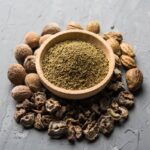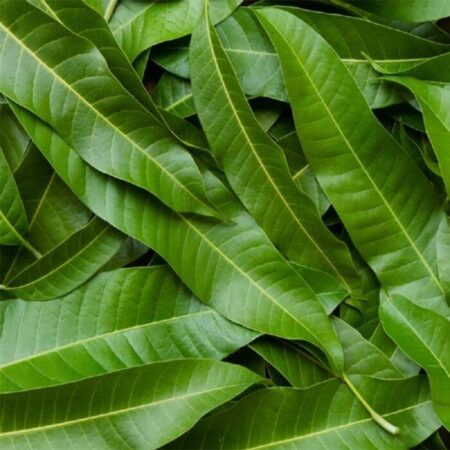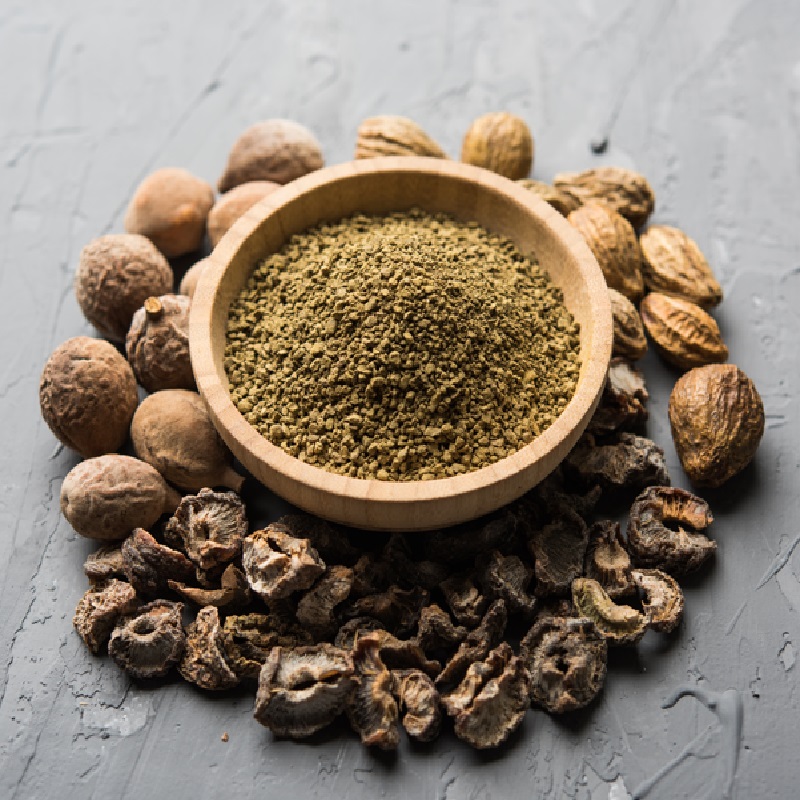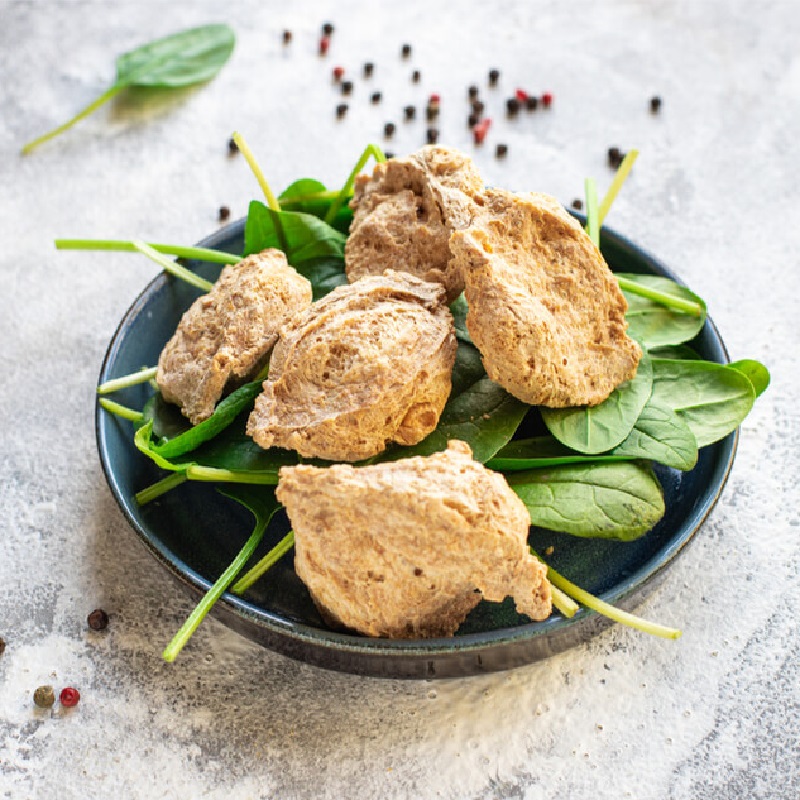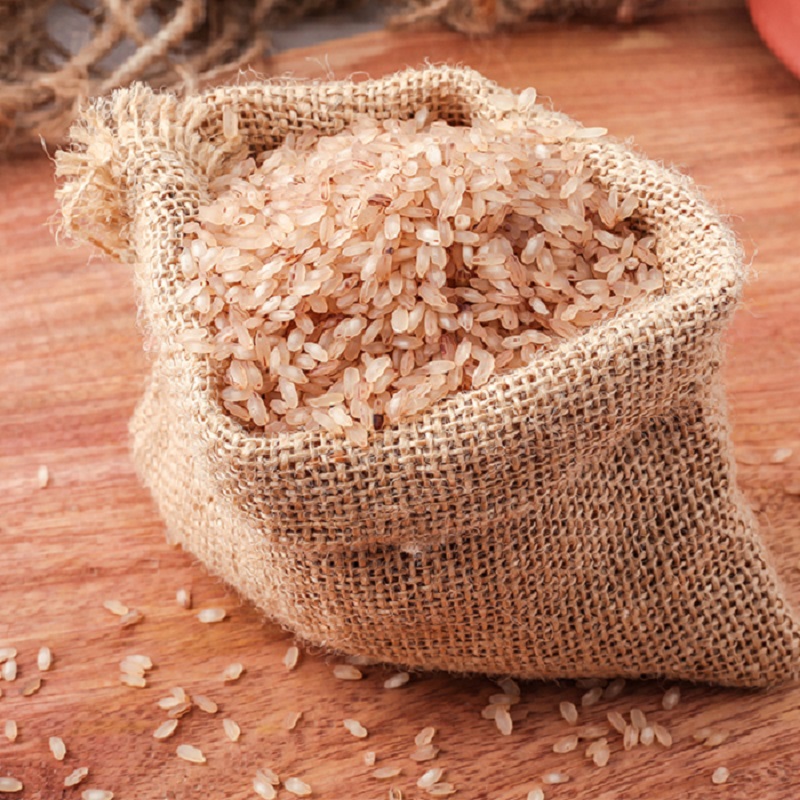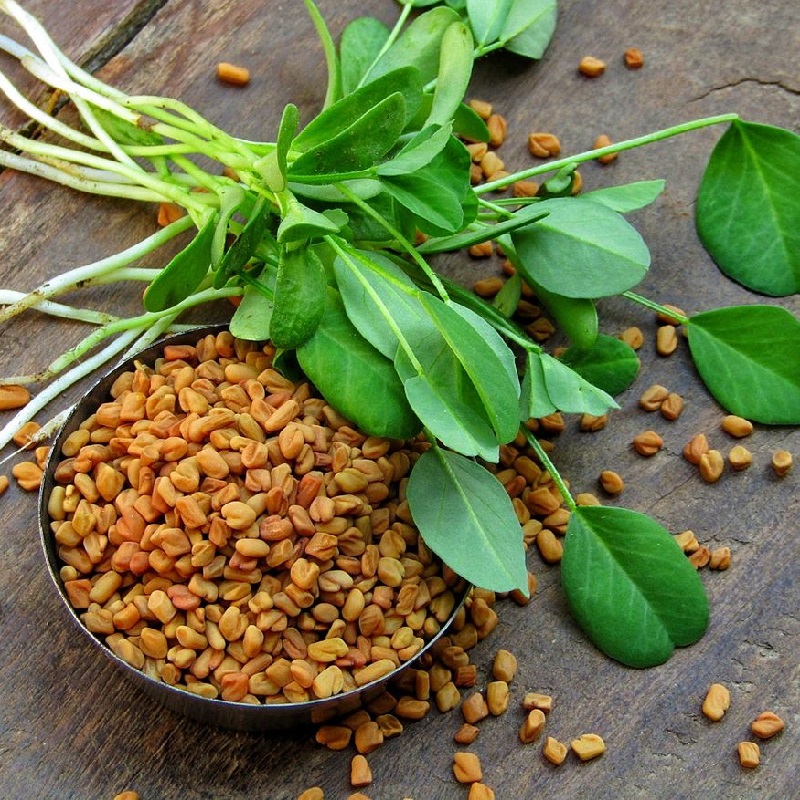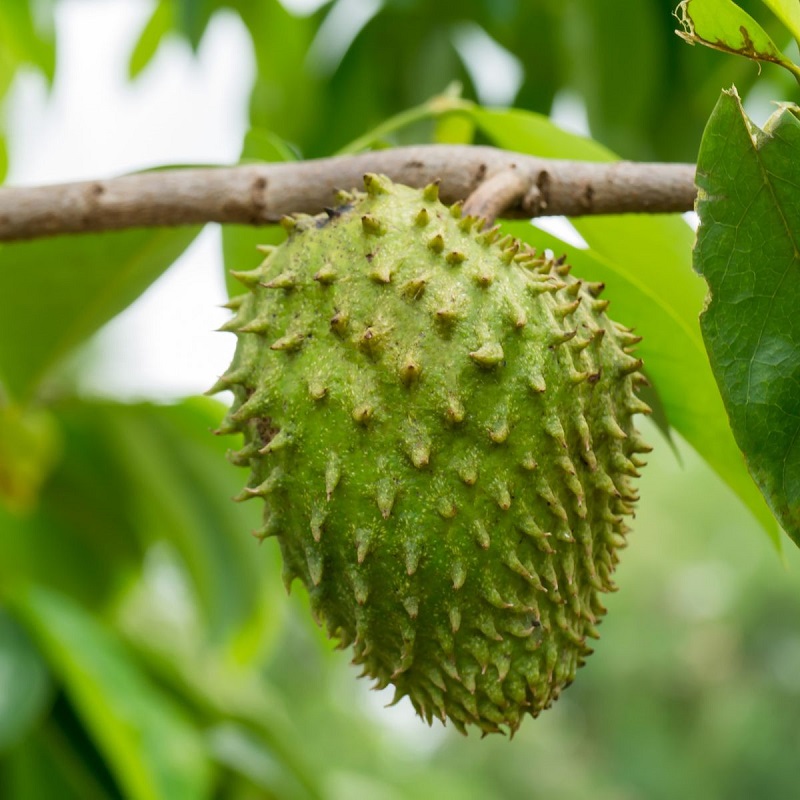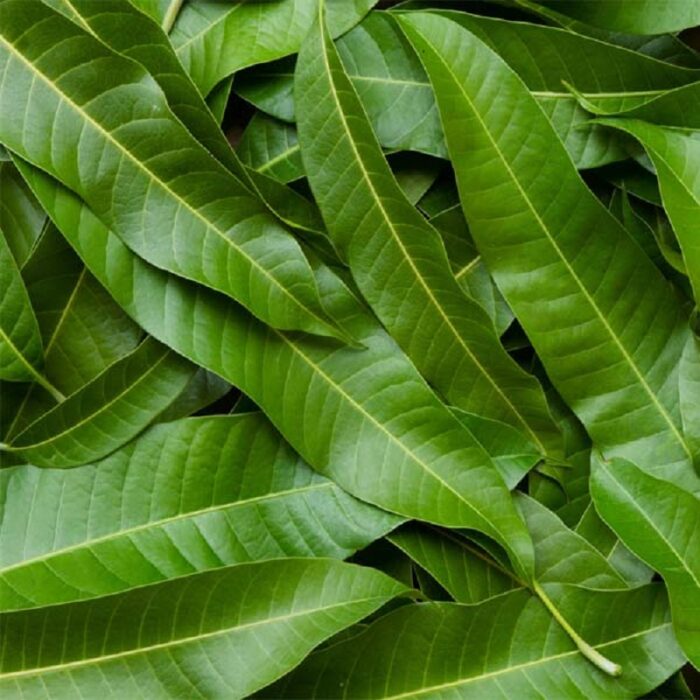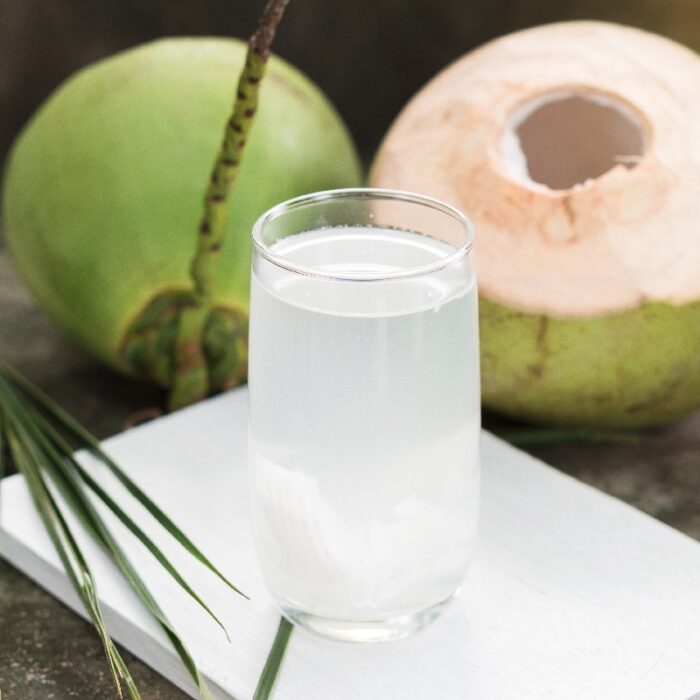20+ Amazing Benefits and Uses of Curry Leaves
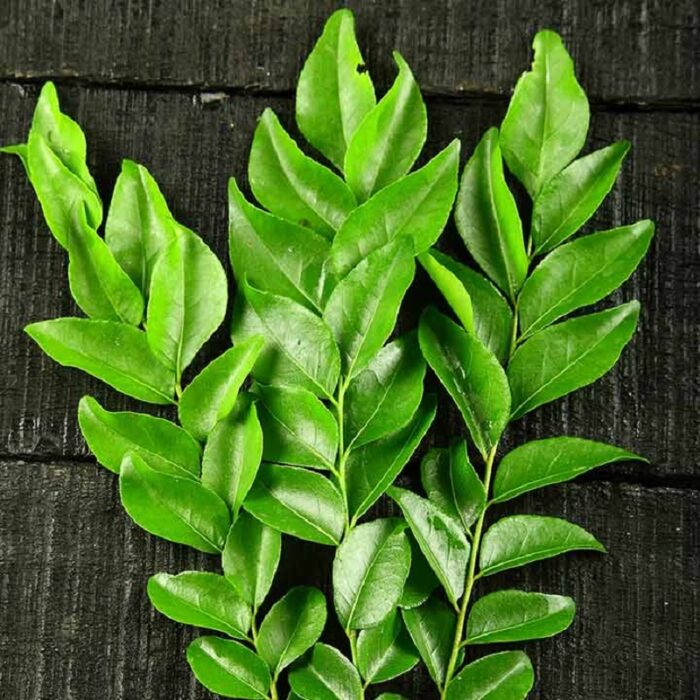
Curry leaves are part and parcel of Indian cooking, and most of the houses in our households’ pantry have them. In addition, the foliage of Murraya Koenigii and Curry leaves is used for culinary and medicinal purposes. This tree is native to India. The benefits of the curry leaves are attributed to their potent plant compounds. With citrus notes, curry leaves have a unique flavour and are highly aromatic (1).
Curry leaves are called Kariveppilai or Karivempu in Tamil, Karivepaku in Telugu, Kariveppila in Malayalam, Karibevu in Kannada, Kadi Patta in Hindi, Curry Patta or Kariphulli in Bengali. Now let us go through this article to learn more about the curry leaves benefits for skin, health and hair.
Curry Leaves Nutrition Facts:
Whether seasoning or garnishing, curry leaves are compulsory for Indian cooking. These leaves are packed with essential nutrients like copper, calcium, phosphorous, fibre, carbohydrates, magnesium and iron. Here is the nutrition present in 100 grams curry leaves:
- 108 kcal energy.
- 18.7 gm carbohydrates.
- 6.4 gm fibre.
- 6.1 gm protein.
- 4 gm minerals.
- 1 gm fat.
- 830 mg calcium.
- 57 mg phosphorous.
- 0.930 mg iron.
- 0.1 mg copper.
- 44 mg magnesium.
- 0.2 mg zinc.
- 0.15 manganese.
- 0.006 chromium.
- 0.080 mg thiamine.
- 0.210 mg riboflavin.
- 2.3 mg niacin.
- 4 mg vitamin C.
- 93.900 µg total folic acid.
- 7560.000 µg carotene.
Benefits of Curry Leaves:
Curry leaves are a must-have in every Indian kitchen and are also used in many Asian cuisines. You can use curry leaves in many forms, which adds taste and nourishes your body with the essential nutrients present in them naturally. Let us go through all the benefits associated with the consumption of curry leaves.
1. Controlling Diabetes:
Curry leaves possess hypoglycemic properties that help regulate blood sugar levels by activating insulin production in the body. Curry leaves also slows the breakdown of carbs into glucose with the help of the high fibre content that helps control the blood glucose levels in the body. People with diabetes might see wonders when adding curry leaves to a low GI diet. Curry leaf extract might help reduce high blood sugar levels and protect against the symptoms related to diabetes, as per animal research (2).
2. Help Improve Eyesight:
Curry leaves are rich sources of Vitamin A which can help prevent the early onset of cataracts (3). In addition, curry leaves are considered the beneficial effect on Eyesight traditionally.
3. Benefits for Constipation / Diarrhea:
The advantages of curry leaves in the form of tea will help aid digestion by improving your bowel movement with the help of mild laxative properties and digestive enzymes, according to Ayurveda (4). When taken on an empty stomach, you can prepare a tea with curry leaves to help you deal with constipation, dysentery, and diarrhoea. You can also eat raw curry leaves on an empty stomach. Adding crushed or ground curry leaves to buttermilk can be another way to treat an upset stomach.
4. Treats Indigestion:
Indigestion is a state of an incomplete digestion process, according to Ayurveda. The weak digestive fire caused by the aggravated Kapha can be the main reason for indigestion. Curry leaves have digestive properties that reduce Ama and improve digestive fire, making you digest food quickly. Therefore, you can directly use fresh curry leaves in your food or eat six curry leaves on an empty stomach.
5. Strengthen Your Immune System:
Curry leaves are rich sources of Vitamin A, B, C and B12, which have medicinal uses from the goodness of nature (5). In addition, these leaves are also rich sources of calcium and iron, apart from vitamins. Moreover, you can strengthen your immunity naturally and prevent several deficiencies by adding curry leaves to your daily diet.
6. Treats Morning Sickness and Nausea:
To get relief from nausea and morning sickness, women in their first trimester of pregnancy can opt for curry leaves. They help relieve Nausea, morning sickness and vomiting by increasing the digestive secretions.
7. Relieves Kidney Pain:
According to animal studies, the vitamins, minerals, and antioxidants present in curry leaf extracts protect the oxidative damage of kidneys, brain, and nervous system (6). It might also help protect your body against kidney damage and nerve pain associated with diabetes (7).
8. Keeps Your Liver Healthy:
The benefits of eating curry leaves include protecting your liver from oxidative stress with the help of the potent antioxidants present in the leaves. In addition, these oxidants also reduce inflammation, thereby protecting your liver from infections. The hepato-protective solid properties of the tannins and carbazole alkaloids in the leaves in combination with the Vitamins A and C activates the liver function with its potent anti-oxidative property (8).
9. May Help Treats Breast Cancer:
According to researchers, the anticancer properties of curry leaves are attributed to antioxidants that include gallic acid, rutin, catechin, and quercetin (9). However, more research is needed to know their effects on humans.
Three curry extract samples from Malaysia’s curry leaves grown in different locations used in a test-tube study inhibit the growth of an aggressive type of breast cancer since they all exhibited powerful anticancer effects (10). Furthermore, in another test-tube research, there is an alteration in the growth of two types of breast cancer cells, decreased viability and induces breast cancer cell death with the consumption of curry leaf extract (11).
10. May Reduce Heart disease:
As per animal studies, adding curry leaves to your diet might help reduce developing heart disease by lowering factors like high cholesterol and triglyceride levels. For example, there was a significant reduction in the cholesterol and triglyceride levels in rats with high-fat-diet-induced obesity with the treatment of 136 mg of curry leaf extract per pound (300 mg per kg) of body weight per day. In addition, the high amount of an alkaloid called mahanimbine in curry leaves was correlated with the results (12). However, there is a need for more research to know the effects of curry leaves on humans.
11. Remedy for High Blood Pressure:
Curry leaves can act as a natural treatment for high blood pressure because it has a medicinal effect on your body. In addition, they might be considered an effective remedy for hypertension because they have high potassium and low amounts of salt.
12. Help You Lose Weight:
Don’t be surprised when you hear that you can use Curry leaves for weight loss. These leaves help regulate cholesterol levels in the body and weight gain with the help of Carbazole alkaloids. So if you wish to lose weight, you can consume curry leaves regularly (13). You can munch fresh curry leaves on an empty stomach or add them to your curries or salads. But it is essential to remember curry leaves aren’t magic, and you will have to combine them with proper exercise if you wish to lose weight quickly.
13. Treats Iron Deficiency or Anaemia:
You will be able to improve the iron levels in the body with the help of curry leaves. The high levels of iron content are the reason which can help treat anaemia. Curry leaves also help your body absorb iron because of folic acid. Our body excretes iron from body without being appropriately absorbed without sufficient folic acid. So you will be able to get the required amount of iron and folic acid to the body with the consumption of curry leaves (14).
14. Protects the Brain and Nervous System:
Curry leaves might help protect the health of your nervous system, including your brain, as per research. Characterized by the loss of neurons and signs of oxidative stress is called Alzheimer’s disease. Curry leaves contain substances that might help protect against these neurodegenerative conditions, as per studies (15).
High doses of curry leaf extracts improved the levels of brain-protecting antioxidants, including glutathione, glutathione reductase and superoxide dismutase in brain cells as per a study conducted on mice (16). In addition, the curry leaf extracts also reduce the enzymes and oxidative damage in brain cells associated with Alzheimer’s.
But all these studies are as per animal studies, and human research is lacking in this aspect.
15. Helps to Reduce Stress:
Stress has become an unavoidable part of our lives, whether because of our busy lifestyles or job profiles. However, if left untreated, stress can lead to several health issues. The aroma of curry leaves might help calm your mind and body by relieving the symptoms of stress. Curry leaves also might help reduce stress, anxiety and depression by inhaling linalool, a compound in curry leaves.
16. Rich in Antioxidants:
Curry leaves are a fragrant herb with potent health benefits because they are rich in protective plant substances like phenolic compounds, alkaloids and glycosides (17). It also contains compounds like linalool, alpha-terpinene, myrcene, mahanimbine, murrayanol, alpha-pinene and caryophyllene function as antioxidants in your body, which helps keep your body free from disease and healthy (18). In addition, these antioxidants help suppress oxidative stress, a condition associated with chronic disease development, by scavenging potentially harmful compounds called free radicals (19).
For example, compared to the placebo group, the oral treatment with antioxidant-rich curry leaf extracts protects against medication-induced stomach damage reduces oxidative stress markers, as per a study on rats (20). However, there is a lack of human research in this aspect.
17. Helps in Wound Healing:
Curry leaves have an alkaloid compound called Carbazole which can help speed up the wound healing process and is not too deep. In addition, they help restore the skin or hair in the affected areas by sealing the gap. So whether it is first-degree burns, boils or inflamed skin, curry leaves can be helpful.
Preparation:
- Ground the washed curry leaves, forming a smooth paste.
- You can add a little water for the paste to have a smooth consistency.
- Apply the paste onto the affected areas of your skin and leave it overnight.
18. Excellent for Treating Acne and Skin Rejuvenation:
Curry leaves benefits the skin, including treating acne with its anti-microbial properties. These leaves are also helpful in keeping your skin healthy and rejuvenated since they are rich sources of antioxidants and vitamins A and C.
Preparation:
- Please take a few curry leaves and wash them properly.
- Now prepare a paste using the curry leaves and a little lemon juice.
- You can use a few drops of water to make it into a smooth paste.
- Now apply the paste to the problematic area and let it remain in place for about 15 minutes.
- Use cold water to wash your face.
19. Improves Hair Growth:
Curry leaves are beneficial in moisturizing the scalp and strengthening the hair follicles with the help of antioxidants and amino acids. Curry leaves might also help reduce hairfall and increase hair growth since they are rich sources of protein and beta-carotene. They also promote the development of healthy strands with standard hair pigment by stimulating hair follicles.
20. Good for Hair Health:
Whether it is exposure to pollution or regular use of chemicals in hair products, there are many reasons why our hair loses its health. These issues make your hair look lifeless and dry. Using curry leaves help strengthen your hair follicles, restoring the moisture, which helps keep your hair bouncy and beautiful.
21. Prevents Premature Greying:
Although hair greying is pretty natural with age, sometimes due to genetic reasons, alcohol usage, or stress, there might be premature hair greying sometimes. However, curry leaves can be good for grey hair by delaying the greying hair process by strengthening and nourishing your hair with the help of vitamin B.
Ways to Use Curry Leaves:
Any local Asian or Indian grocery stores provide you with a bunch of curry leaves where ever you are around the world. Here are some of the ways you can incorporate curry leaves into your diet:
1. Sautee Them in Ghee:
You can use ghee (clarified butter) to sautee and soften the curry leaves. Doing this will release delicious flavour into any dish.
2. Curry Leaves Tadka:
Making tadka is yet another popular way to use curry leaves which adds an aromatic taste. Saute the mixture of cumin, mustard seeds and curry leaves together in oil. Add the tadka to any dish adding flavour.
3. Drying Curry Leaves:
Place the freshly washed curry leaves in an open basket away from sunlight. It takes three to five days for the curry leaves to dry completely. After that, you can add dried curry leaves to any dish. Use a vacuum-sealed bag to store the dried curry leaves.
4. Flavour Oil Using Curry Leaves:
Add curry leaves to the heated oil in the pan and saute them lightly. Use the oil to flavour any dish after removing the leaves. Before cooking, you can also use the oil to glaze over a fish or flatbread.
Curry leaves are filled with plant compounds that are beneficial for your health and highly flavourful. Consuming them might improve antioxidant defences in your body, as per research. The best part about curry leaves is that they enhance the flavour of any dish and can be added to an array of dishes. Don’t forget to let us know if you found this article helpful!
Disclaimer: The content provided in this article is based on research and for educational purposes only and is not a replacement for a medical professional. The website is not responsible for the authenticity and accuracy of this information.
1. Is It Okay to Eat Raw Curry Leaves?
Ans: Although frying them with a bit of oil increases their aroma and taste, you can also consume curry leaves in their raw form. However, you should abstain from consuming curry leaves if you are allergic.
2. Is It Safe for Women to Consume Curry Leaves During Pregnancy?
Ans: Yes! You can have curry leaves during pregnancy because they are usually safe. In addition, the immense health benefits associated with the consumption of curry leaves can be beneficial for the baby and the mother. But abstain from eating curry leaves if you are allergic.
3. Does Eating Curry Leaves on an Empty Stomach Beneficial?
Ans: Although you can eat curry leaves during any time of the day, consuming them on an empty stomach can have several beneficial effects like:
- It keeps morning sickness and Nausea in control during pregnancy.
- Helps deal with weight issues.
- Gets rid of excess fat.













